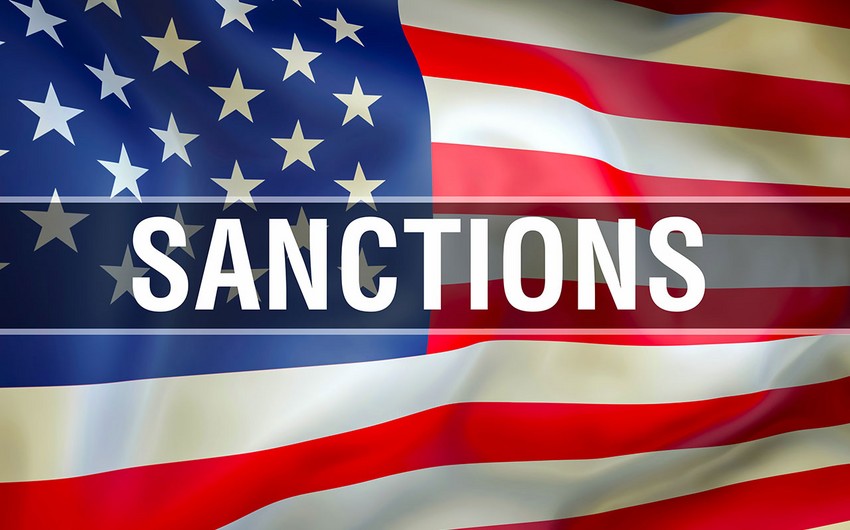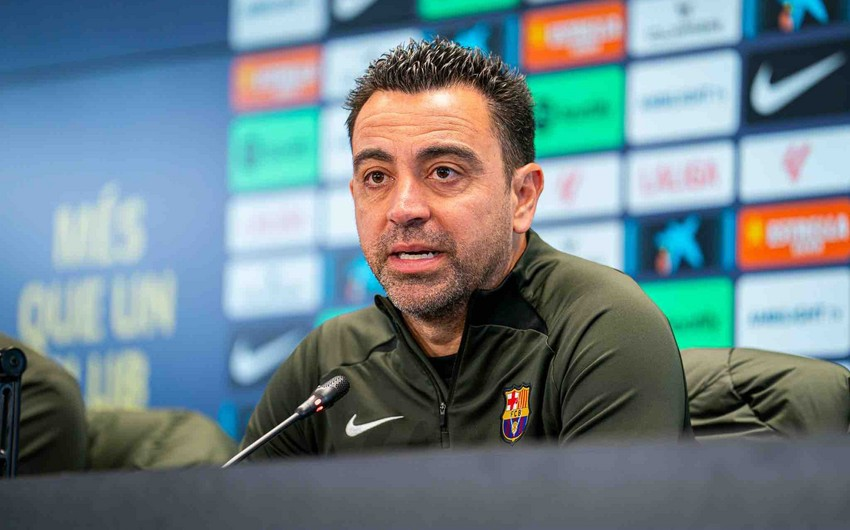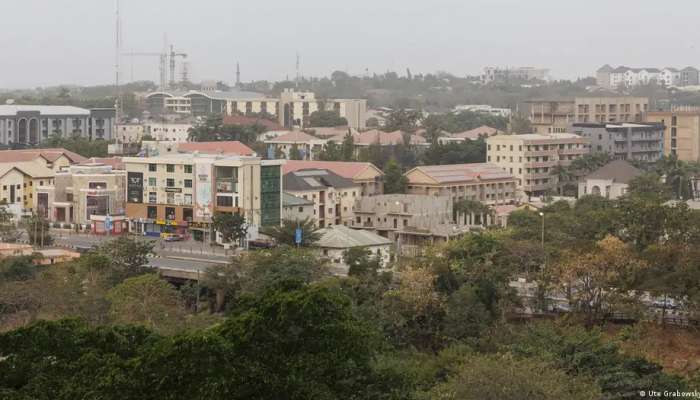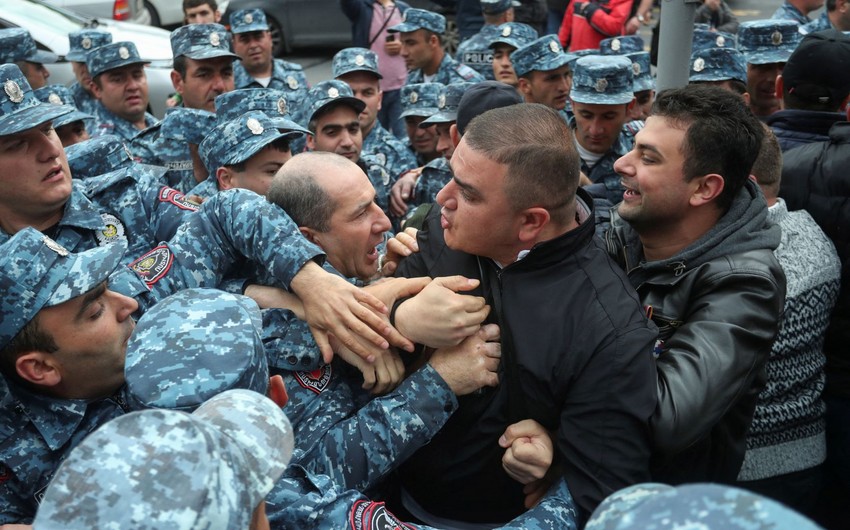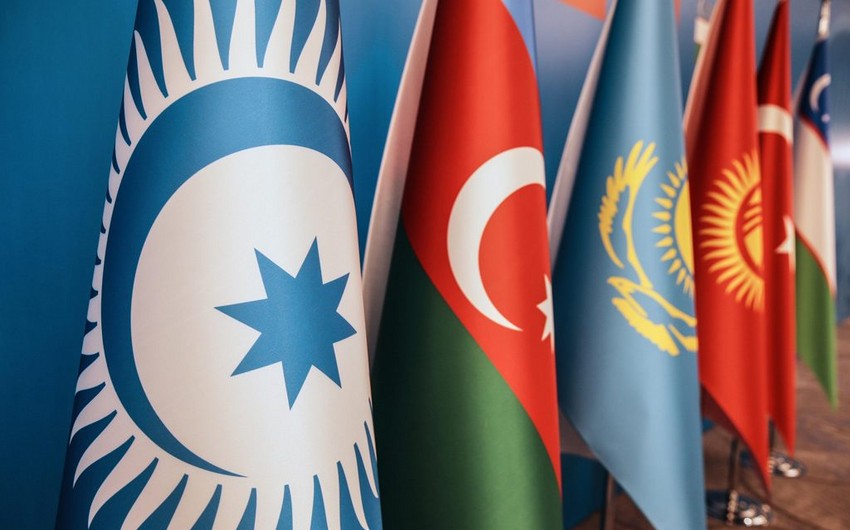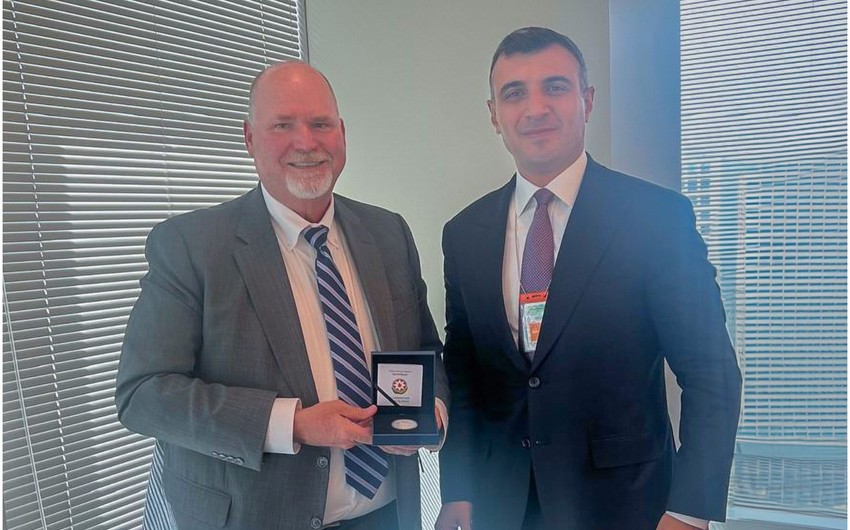An important tradition of holding meetings and discussions with the Nobel Laureate has been developed in Azerbaijan. In our opinion, this is very useful in terms of bringing the world's most important scientific and technological innovations, cultural and economic experience to Azerbaijan, exchanging views and drawing common conclusions and moving towards the next stage of development.
As is known, during the Soviet era, the Nobel Prize in the former USSR, including Azerbaijan, was known as an anti-Soviet act of reward. Also at that time, talking about the Nobel Prize was meant as propagating or idealising the structure of capitalism, bourgeois ideology. The fact that writers such as Alexander Solzhenitsyn, Boris Pasternak, and Joseph Brodsky, who were awarded the Nobel Prize in Literature during the Soviet era, were forced to leave the USSR, also reinforced the prejudice that Nobel laureates were "anti-Soviet." Therefore, in the Soviet era, it was very difficult to see and communicate with any prominent Nobel Prize-winning writer and poet, as well as a scientist.
Abundance of information about Nobel Prizes and availability to meet Nobel Laureates is the fruit of independent statehood in our country. After the restoration of state independence in Azerbaijan, the expansion of international relations and the opening doors of our country to the world have provided larger opportunities to dispel the myth of the inaccessibility of Nobel laureates. Now it is not difficult to get acquainted with Nobel laureates, to communicate with them, to keep in touch by phone, to listen to their lectures live, both on television screens and abroad, as well as at international events in our country.
I first met the Nobel laureates on October 18-21, 2004, when I attended the international congress of the European University Association in Barcelona, Spain. Fourteen Nobel Laureates invited by the organisers were represented at the congress, which I attended and spoke with Anar Kazimov, a rector of Nakhchivan State University, who holds a master's degree in mathematics (now an associate professor at the University of Economics – I.Habibbayli). All Nobel laureates from the United States and various European countries spoke on ways to develop science and university education in modern conditions. One of them, Werner Albert, a professor at the University of Sweden, left a deep imprint on my memory as Charles Darwin's extraordinary Nobel speech, which reflected the realities of modern science in the post-evolutionary period. Adam Smith, a Nobel Laureate from the American School of Chicago, gave a talk on "Economics for All", which also attracted the attention of the participants, as it was possible to talk about ordinary issues and everyday life at the level of a Nobel laureate. In addition, another Nobel laureate, Professor George Smoot, director of the Centre for Cosmological Physics at the University of California, USA, spoke about the mysteries of the galaxy, the processes in the universe, almost as real life events. The only Nobel laureate from Africa to attend the International Congress of the European University Association, writer Wole Soyinka’s fighting spirit and his distinctive appearance made an unforgettable impression. To be honest, the speeches of each of the Nobel laureates at that time were important, but not all of them had an unusual power. The euphoria about the Nobel Prizes in the meetings in Barcelona disappeared, and we started to form our objective scientific views on the winners of this high award, who stayed in the same hotel and dined at the canteen together.
After being appointed Vice-President of the National Academy of Sciences, relations with the Nobel Laureates invited to the Humanitarian Forums, Intercivilisational and Intercultural Dialogue Symposiums held in Baku on the initiative of the President of the Republic of Azerbaijan Ilham Aliyev were important in forming a complete picture of the winner. During our joint participation in the Baku Humanitarian Forum moderated by Nobel Laureate in Economics Peter Arthur Daymond on October 3-5, 2014, the dialogue between us was based on real, natural and clear scientific relations with the winner of this highest award. What I heard, saw and read during my participation in international scientific conferences in 2014 and 2016 at the House Museum in Vyoshinsky, Rostov Oblast, in the homeland of the Nobel Prize-winning Russian writer Mikhail Sholokhov, enriched my knowledge of the Nobel Prize. Finally, on July 14, 2015 a meeting in St. Petersburg with the Vice-President of the Russian Academy of Sciences, Chairman of the St. Petersburg Branch of the Academy, Nobel Laureate in Physics, Academician Jores Ivanovich Alfyorov and my exclusive interview with him about the film on the occasion of the 70th anniversary of the Azerbaijan National Academy of Sciences, allowed me to get acquainted with such a prominent Nobel laureate.
In this regard, before the meeting with Nobel Peace Prize Laureate Muhammad Yunus, who was invited to Azerbaijan on June 20, 2016 at the initiative of Umud Rahimoglu Mirzayev, President of the International Eurasia Press Fund, with the support of ADA and UNEC Universities, the Azerbaijani audience already had a lot of experience in terms of meeting Nobel Laureates. And I thought that even if we had a chance to learn from our next Nobel Laureate about many innovations or different knowledge and information in a particular field, it will not be easy for him to surprise his audience in an extraordinary way. Because during the period of independent statehood, over the past decades, our country has come a long way in terms of visual communication and lively dialogue with world-famous personalities, including Nobel laureates. Nevertheless, it was opposite of what I expected. After reading the Azerbaijani edition of Muhammad Yunus' "Banker to the Poor" before meeting his author, I was amazed that this Nobel Peace Prize winner is truly a legendary figure. I can say without hesitation that Muhammad Yunus' book "The Banker to the Poor" is a perfect epic of the difficult and arduous life created by poverty in Bangladesh or similar countries in Asia based on the experience of Bangladesh and the selfless struggle to get out of poverty. The book The Banker to the Poor clearly shows that Muhammad Yunus is a selfless and powerful commander of the poverty alleviation movement in Bangladesh and in Asia in general. The book is inspired by the life story of its author, Muhammad Yunus, the founder of the social business, microcredit and small business movement in Asia, as well as a multi-series documentary about his multifaceted and tireless work. The Banker to the Poor is a mirror of the difficulties and ways of struggles by poor community in Asia to achieve decent living standards.
Nobel Peace Prize laureate Muhammad Yunus has a very interesting and glorious biography. Muhammad Yunus, who dedicated his life to the fight against poverty, was born on June 28, 1940, in the Bathua village of Chittagong district, Bangladesh. He received his secondary education at Chittagong College and graduated from the Faculty of Economics at the University of Dhaka. Then continued his higher education at Vanderbilt University in the United States, where he earned a doctorate in economics. He worked as a professor at American universities for a while, and finally returned to his homeland in 1976 after being transferred to the University of Chittagong. In addition to teaching, he began to fight poverty in Bangladesh by providing low-interest loans to the poor, and gradually established a family business in the country. Muhammad Yunus founded his own microcredit bank, Grameen Bank, in 1983 and became famous first in Bangladesh, then in Asia and around the world, continuing to expand his fight against poverty. After that, he formed the Grameen Network of Companies, which has a wide range of opportunities by employing poor people, creating a wider range of working and living conditions for the poor. Finally, Muhammad Yunus managed to hold the World Microcredit Summit in Washington on February 2-4, 1997. The participation and speeches of well-known representatives of the US Treasury, President of the World Bank, the United Nations Development Programme, the Children's Fund, the Executive Director of the Population Fund, UNESCO Secretary General Frederico Mayor, the First Lady of the United States Hillary Clinton have become an important event in the support of Grameen Bank by the international community. Muhammad Yunus was awarded the International Nobel Peace Prize in 2006 for his long and distinguished service to the Poverty Alleviation Movement. We learn from the annotation in the book "Banker to the Poor" that Muhammad Yunus was "awarded more than 50 honorary degrees from universities in 20 countries, 112 awards from 26 countries, including the State Prize of 10 countries."
As I mentioned, Muhammad Yunus, who became famous in the world due to social business and microcredits, visited Azerbaijan on June 18-21, 2016 at the initiative of president of the International Eurasia Press Fund Umud Mirzayev. President of the Republic of Azerbaijan Ilham Aliyev received Nobel Peace Prize Laureate Muhammad Yunus at the highest of its meeting and business talk was held on his experience in the field of social business and microcredit movement.
In addition, Muhammad Yunus' book "The Banker to the Poor", co-authored with Alan Jolis, a well-known American writer living in Sweden, was published in Azerbaijani in 2016 by the “Eurasia Press” printing house in Baku. The International Eurasia Press Fund held an extensive presentation of the book on June 20, 2016 in Baku with the participation of the Nobel Peace Prize Laureate. Well-known Azerbaijani intellectuals, parliamentarians and economists who attended the presentation praised Nobel Peace Prize laureate Muhammad Yunus' relentless struggle to eradicate poverty in the world and praised the book "Banker to the Poor" as a way to save the poor and a positive Asian experience of poverty eradication. During the meetings with the students of ADA University and Azerbaijan State University of Economics, the experience and views of Muhammad Yunus were brought to the attention of economists and students who will become the future economists of Azerbaijan. During the stay of Muhammad Yunus in Azerbaijan, discussions on social business and microcredits in the scientific and social environment of our country, which is advancing along the path of a market economy, were fruitful in terms of developing economic science and expanding our relations.
.jpeg)
The meeting with Nobel Peace Prize Laureate, Professor Muhammad Yunus from Bangladesh in Baku and the presentation of his book "The Banker to the Poor" co-authored with Alan Jolis were another continuation of the tradition of organising meetings with Nobel laureates in Azerbaijan during the years of independence. At the same time, this meeting was an important event that focused attention on taking steps to think about the greater prospects of the new stage of development in our country. Muhammad Yunus' clear and decisive speech at the meeting sounded like a monologue of the ideologue of the movement to get out of poverty, an example of self-sacrifice, who saw his struggle as a matter of faith rather than economic activity. Muhammad Yunus' speech was not only an attempt to explain the purpose and essence of the book "The Banker to the Poor", but also an attempt to take advantage of the opportunity to convey the call of the book to the audience of Azerbaijan. This important meeting clearly demonstrated the unity of Muhammad Yunus' beliefs and deeds.
The book "Banker to the Poor", published in the Azerbaijani language at a high-level of polygraph technique is a valuable source of deep confidence in the superiority and necessity of the human will factor in the difficult fight against poverty. Muhammad Yunus is adamant that the fight against poverty is, in fact, a struggle for life and the future. Human love, self-confidence, tireless activity and enlightenment, as well as will and hope are the main driving forces of this struggle. This is the main conclusion from the book The Banker to the Poor. As a result, The Banker to the Poor is a manifesto of the human will.
In our opinion, Umud Mirzayev, President of the International Eurasia Press Fund, who wrote the foreword to the publication of the book "Banker to the Poor", and described the book as "a collection of struggles and fights for the dignity of the earth" is an expression of the belief that the power and capabilities of the human will are central.
The book "The Banker to the Poor", which is mainly dedicated to the difficult, arduous and responsible lessons of socio-economic life, gives the impression of a meaningful and instructive work of art that reflects the life in all its depths. It is no coincidence that Muhammad Yunus himself called the book "The Banker to the Poor" the "Grameen Story" and acknowledged the existence of creative artistic fantasy, as well as the predominance of real-life events in the book.
The poor people of the village of Jobra, described in the book as "Little Bangladesh", are generalised images of poor people living in this village and similar villages, described as an "island of poverty". The processes taking place in the village of Jobra are reminiscent of the events that took place in the Azerbaijani villages of the late 19th century, described in the works of the prominent writer and great public figure Jalil Mammadguluzadeh (1869-1932). There is a common destiny and spiritual closeness between the poor and pure people of Jobra village and Jalil Mammadguluzadeh's "little people" such as uncle Muhammadhasan, Zeynab, Novruzali, master Zeynal. Just as the Azerbaijani writer Jalil Mammadguluzadeh saw the way to save the uncle Mohammad Hasan from the mental and economic slavery of the Khudayar Beys, the winner of the International Nobel Peace Prize, Muhammad Yunus from Bangladesh, sought ways to help poor people in his country to escape from the clutches of the banks that enslaved people for the favour of their own profit, and to create opportunity to get jobs and education. In this sense, the book "The Banker to the Poor" gives the impression to the Azerbaijani reader as "Stories of the village of Jobra" or "Stories of the village of Danabash". The following descriptions of Muhammad Yunus about the situation in the village of Jobra during the famine, similar to those in the works of Jalil Mammadguluzadeh and Abdurrahim bey Hagverdiyev, can be called "stories" the product of the writer's observations that shed light on the depths of life of an economist:
“Bangladesh fell into the grips of famine...
Newspapers were reporting horrible stories of death and starvation in remote villages and district towns in the north. The university where I taught and served as head of the economics department was located in the south-eastern extremity of the country, and at first, we did not pay too much attention to it. But skeleton-like people started showing up in the railway stations and bus stations of Dhaka... Soon a few dead bodies were reported in these places. What began as a trickle became a food of hungry people moving to Dhaka.
They were everywhere. You could not be sure who was alive and who was dead... They all looked alike: men, women and children. You could not guess their age... Old people looked like children, and children looked like old people.
The government opened gruel kitchens to bring people to specified places in town. Bu every new gruel kitchen turned out to have much less capacity than was needed.
...Religious organisations were trying to pick up the dead bodies to bury them with proper religious last rites.
...There many ways for people to die, but somehow dying of starvation is the most unacceptable of all. What a terrible way to die…
At one point, life and death are in such close proximity one can hardly see the difference, and one literally doesn’t know if the mother and child prostrate on the ground are of this world or the next.”
.jpg)
The presentation of the situation of the poor, described in detail in the book "Banker to the Poor", is reminiscent of the descriptions of the villagers with a bitter fate in the works of Jalil Mammadguluzadeh. The authors even describe the tragic fate of Ammajan Amina, a street beggar, as a "life story": "The life story of one of our first borrowers, Ammajan Amina, is an indication of what microcredit can do for a street beggar." The following life story from The Banker to the Poor can also be taken as a scene in a work of art:
“Of Amarjan’s six children, four had died of hunger or disease. Only two daughters survived. Her husband, much older than her, was quite ill. For several years, he had spent most of the family assets on trying to find a cure.
After his death, all that Amina had left was the house. She was in her forties, old by Bangladesh standards where contrary to the world norm, women have a lower life expectancy than men (58.1 years versus 58.4 years). She was illiterate and had never earned an income before. Her in-laws tried to expel her and her children from the house where she had lived for twenty years, but she refused to leave.
She tried selling homemade cakes and biscuits door-to-door, but one day she returned to find her brother-in-law had sold her tin roof, and the buyer was busy removing it.
Now the rainy season started, and she was cold, hungry and too poor to make food to sell. All she had, she used to feed her own children.
Because Ammajan Amina was a proud woman, she begged, but only in nearby villages. As she had no roof to protect her house, the monsoon destroyed her mud walls. One day when she returned she found her house had collapsed, and she started screaming, ‘Where is my daughter?” Where is my baby?’
She found her older child dead under the rubble of her house.
When my colleague Nurjahan met her in 1976, Ammajan Amina held her only surviving child in her arms. She was hungry, heartbroken and desperate.
There was no question of any money-lender much less a commercial bank giving her credit. But with Grameen loans she started making bamboo baskets and remained a borrower to the end of her days. Now her daughter is a member of Grameen.
We have more than two million such life stories, one for each of our members.”
In fact, the book "The Banker to the Poor" is a saga of the evolution of the poor from poverty to normal life. The ideas given in the book, which express the philosophy and struggle of the bank and the banker to the poor, are also a recognition of the highest goals of the authors. "There are more than two million such life stories about each of our members (i.e. Grameen Bank customers - I.Habibbeyli)," said Muhammad Yunus and Alan Jolis, who created the perfect novel of poverty and its alleviation within that.
Sutia Beyim, Manzira Khanum, Nurjahan, Hajeepa Begum, Farida, Ammajan Amina, presented by Muhammad Yunus in his book The Banker to the Poor, are not only real people living in Bangladesh, but also the hardworking faces of ordinary Asian women who have gone through painful paths and their difficult evolutionary processes and life stories. The fact that hard-working and hard-working women from the bottom of their lives have transformed themselves from poor peasant women into key players in the Bangladeshi and international poverty alleviation efforts has served to create a full and objective impression of Asian women's lives and revivals. The path of Bangladeshi women from a miserable life to a normal life and self-awareness, described in the book The Banker to the Poor, also resonates in Azerbaijani literature with evolutionary processes from Jalil Mammadguluzadeh's female characters to Jafar Jabbarli's female heroes.
The points in the book about the coexistence and struggle of poor Asian Muslims, Hindus, Buddhists and people of other faiths living in difficult economic conditions with them, as well as similar destinies, are important challenges for the modern world in terms of multiculturalism. The Azerbaijani state and people also have a deep belief that multicultural values and tolerance are a necessary factor for a normal society, and show the modern world a real example of this, proved by real life. In this regard, the multicultural society in Bangladesh, presented by Muhammad Yunus, is of great interest, because it meets the norms of coexistence approved by the Azerbaijani state and people, and reaffirms the realities and superiority of the policy pursued in our country in this sphere.
The Banker to the Poor is a book not only about the poor, but also about poor banks. Unlike banks, which work with larger investors, rely on the financial resources of the wealthy, and serve the rich who are at risk of bankruptcy in any crisis, even if they make a profit for a while, the others support the poor ones and adapt their activities to their selfless labour. The realities of the development of banks with a stable dynamics have been proven in the book "Banker to the Poor" on the basis of real life material. The fact that the author of the book, Muhammad Yunus, started a small interest-bearing business with an investment of 17 pounds and reached the level of establishing a Grameen Network of Companies through microcredits is an exemplary experience for those in the banking sector.
In the chapters of the book related to the education of the poor and education reform in general, Muhammad Yunus rightly considers enlightenment to be a real philosophy of the dynamics of development of a normal society. His examples from Bangladeshi society once again confirm the vitality of enlightenment through realities. One of the main consequences of this is that in societies where enlightenment is predominant then real progress including poverty alleviation is inevitable in all areas. In fact, based on his analysis of what he read and observed as an educator when he was a professor at the University of Chittagong before becoming a businessman or banker, Professor Muhammad Yunus came to the conclusion that small business has great potential in the destiny of ordinary people. In this sense, the fact that Muhammad Yunus went from being a simple university teacher to the head of Grameen Holding is a clear demonstration of the great potential of enlightenment. In addition, the educational work of Muhammad Yunus and his co-workers among the poor customers of Grameen Bank provides an opportunity to follow the evolutionary processes created by education in changing the lives of ordinary people. One of the conclusions made from this is that, unlike those who come to business in the wave of economic and financial interests, those who have to come from education and enlightenment have fewer financial opportunities, but their paths are longer and more sustainable. The biggest gain of people like Muhammad Yunus, who came to business from university and focused on education, is not to get financial resources, but to support ordinary people in creating halal and minimal comfortable living conditions. The book "The Banker to the Poor" vividly reflects the difference and path of the investor businessman and the enlightened banker, along with all the realities and essence.
Although Nobel Peace Prize laureate Muhammad Yunus' concept of individual entrepreneurship in the field of social business is designed to get out of poverty, it is generally very important in terms of shaping market economies in countries in transition or early stages of development. This is the model of Muhammad Yunus to get out of poverty by creating small social business facilities and family farms through microcredits. Considering that the great movement towards individual entrepreneurship will be important for developing countries as well, I think it is useful to bring to the readers' attention the main provisions of the concept of Muhammad Yunus from poverty to revival without the need for special comment:
Some of the advantages of self-employment over waged employment are:
1. The hours are flexible and can adapt to fit any family situation. It allows people to choose between running a business full-time or part-time when they need to meet crises, or to put their business on hold and work full-time for a salary.
2. Self-employment is tailor-made for anyone who is street-smart and has many acquired from books and technical schools. This means the illiterate and the poor can exploit their strengths, rather than be held back by their weaknesses.
3. It allows a person to turn hobbies they enjoy into gainful employments.
4. It allows individuals who cannot work well in a rigid hierarchy to run their own show.
5. It offers a way out of welfare dependency, not just to become wage slaves, but to open a store or start a manufacturing business.
6. It can help those who have found a job and are still nonetheless poor.
7. It gives those who have just been fired from job moral support to start a business before they become depressed and isolated.
8. It gives the victims of prejudice who would not be hired because of their colour or national origin a chance to earn a living.
9. The average cost of creating a self-employment job is ten, twenty or hundred times cheaper than creating an employment job.
10. It helps an isolated poor person gain self-confidence, step-by-step.
Muhammad Yunus' concept of individual entrepreneurship is a tried-and-tested formula for development from an isolated poor person to a person who is able to support himself and his family and become a member of society.
.jpg)
Nobel Peace Prize laureate Muhammad Yunus described the near and distant future of mankind, the main directions of an ideal society called "World without Poverty" in his book "The Banker to the Poor" with real scenes in the example of great people's hard work and love of life.
Although the author's views on a ‘society that will escape poverty’ seemed like science fiction to readers at the time when the first version of the book was written in the late 1980s and early 1990s, Azerbaijani edition of the Banker to the Poor in 2016 proved the possibility of achieving a major turnaround.
During this period, the poverty rate in the Republic of Azerbaijan was reduced from forty-nine to five percent. Positive dynamics are observed in other countries in the same direction. Thus, the ideal of a world without poverty, which the author of the book "The Banker to the Poor" Muhammad Yunus dreamed of and fought for, has moved from fiction to reality by coming a long way. However, in the book "The Banker to the Poor", in the below the hopeful and enlightened views of Muhammad Yunus on a great future without poverty remain topical as a necessary call not only for one country, but also for the future and ideals of mankind as a whole: "What will happen in the world in the next century? (The author means XXI century - I.Habibbeyli) The question is not to think about where we will be in 2050, but our desire to see where the world to be.
“By that time I want to see a world free from poverty. This means there will not be a single human being on this planet who may be described as a poor person. By then, the word ‘poverty’ will no longer have any current relevance. It should be understood only with reference to the past. The only place of our progeny should be able to ‘see’ poverty would be in museums.
Poverty does not belong to civilised human society. Its proper place is in a museum. That is where it will be. When schoolchildren go with their teachers and tour the poverty museums, they will be horrified to see the misery and indignity of human beings. They will blame their forefathers for tolerating this inhuman condition and for allowing it to continue for such a large part of the population until the eraly part of the twenty-first century.”
Nobel Peace Prize laureate Muhammad Yunus, who believes in the possibility and shows the ways of overcoming poverty continues to speak, publish articles and negotiate to spread his ideas and build a "world without poverty" on different continents. He is a selfless ‘mujahedeen’ [mujahedeen is from Arabic - a fighter] of this glorious and responsible path, which he strongly believes in and considers important to serve humankind. These days, the ideas put forward by Muhammad Yunus to rebuild the world economy, during the fight against the coronavirus that has swept the world since the first months of 2020, and now are once again attracting the attention of the international community. The project called the "Post-Pandemic Reconstruction Programme," is one of a viable alternative to the global economic downturn posed by a new historical epoch. Mohammad Yunus' choice of Azerbaijan as one of the first countries to present and disseminate the "Post-Pandemic Reconstruction Programme" is an expression of his great respect for our independent state and people, as well as President Ilham Aliyev's recent victory on global coronavirus in the country with great initiatives and thoughtful steps he has taken.
The request of prof. Muhammad Yunus to disseminate “Post-Pandemic Reconstruction Programme” in Azerbaijan is also the visual manifestation of the President of the Republic of Azerbaijan Ilham Aliyev’s high appreciation to fight the coronavirus in solidarity as well as the idea of building a new world and commitments in post pandemic.
The publish of the full text of Muhammad Yunus’ “Post Pandemic Reconstruction Programme” in the May 9th 2020 issue of he 525th Newspaper with the presentation of Umud Mirzayev, President of International Eurasia Press Fund, is an example of not only conveying the international solidarity and response to the consistent fight against coronavirus at the state level in Azerbaijan, but also support from the public to identify and look through such responsible processes in different ways.
The "Post-Pandemic Reconstruction Program" is an attractive and important economic doctrine that complements the ideal of "building a world without poverty" put forward by its author Muhammad Yunus in the late twentieth century and directs it to the tasks of the new era. This is the socio-economic model of Muhammad Yunus, which proposes to "rebuild the world." Muhammad Yunus' reconstruction programme is a new economic platform designed to achieve a different growth by identifying and implementing modern social trends, rather than returning to the pre-pandemic period and restoring the status quo. The "Post-Pandemic Reconstruction Programme" in the 525th newspaper puts forward new provisions for the different economic development of the modern world:
"Do we take the world back to where it was before Coronavirus came? Or, we redesign the world? - The most exciting news is Corona crisis offers us almost limitless opportunities to make a fresh start. We can start designing our hardware and software in an almost clean screen…
We do not want to jump into the same frying pan in the name of recovery. We should not even call it a ‘recovery’ programme.
To make our purpose clear, we may call it ‘reconstruction’ programme.
In this comprehensive reconstruction plan I propose to give the central role to a new form of business called social business. It is a business created solely for solving people’s problems, without taking any personal profit by the investors except to recoup the original investment. After original investment comes back all subsequent profits are ploughed back into the business.”
"The Post-Pandemic Reconstruction Programme” is the world without poverty that Muhammad Yunus dreamed of in his book “The Banker to the Poor”. Regardless of the country in which it is implemented, Muhammad Yunus has taken an important step towards building a happier future for humanity by developing an alternative programme of reconstruction during the post-pandemic period.
Alan Jolis, a talented American writer and journalist living in Switzerland who co-authored “The Banker to the Poor”, studied the life of Bangladesh, became acquainted with the life and struggle of Muhammad Yunus, and admired his personality and ideals. Muhammad Yunus has been a tireless leader in the prosperity of the lives of the poor in Bangladesh, and Alan Jolis has accomplished an important historical mission by helping to transcribe the realities of extraordinary self-sacrifice.
Conclusion: Muhammad Yunus' book "The Banker to the Poor" is a useful and thought-provoking book not only for the poor, but also for all strata of society.
Muhammad Yunus, based on his simple and selfless life, personal experience, being a banker to the poor and fighting for a minimum living for the poor, proved that it is possible not only to have halal capital, but also to reach the level of Nobel Peace Prize Laureate.
The fight against poverty is not limited to one country, as it is common in most countries of the world. It is an instructive example that helps to find ways out and at the same time instils a sense of self-confidence. The Prince of Wales rightly saw in the introduction to this instructive and readable book the importance of “The Banker to the Poor” as a special reminder to those who find a human solution to global problems.
The “Banker to the Poor” is a life textbook for entrepreneurs and bankers.
The “Banker to the Poor” is a reliable guide and guide to getting out of poverty.
The book "Banker to the Poor" is a march of poverty revival.
The book "The Banker to the Poor" is a novel about the life philosophy and destiny of Nobel Peace Prize winner Muhammad Yunus.
The book "The Banker to the Poor" is a manifesto of the human will.
Writer-journalist Alan Jolis has a chance to be co-author a book about a legendary Nobel Peace Prize winner.
Muhammad Yunus' socio-economic concepts and programs are a perfect roadmap for the struggle to get out of poverty and build a new world free from poverty.

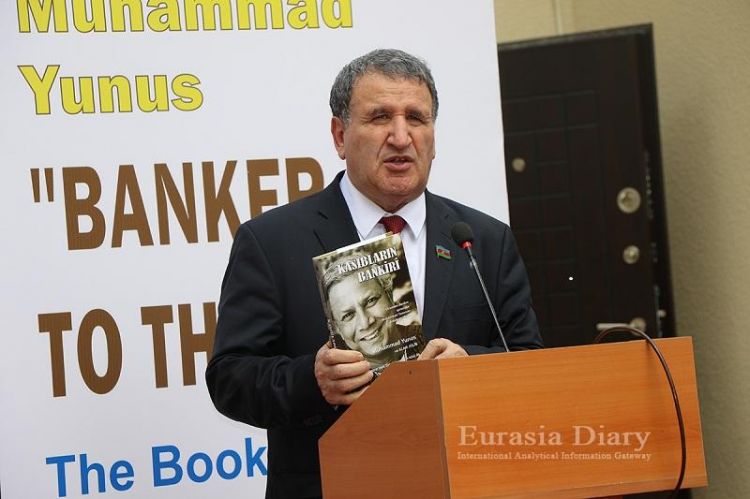

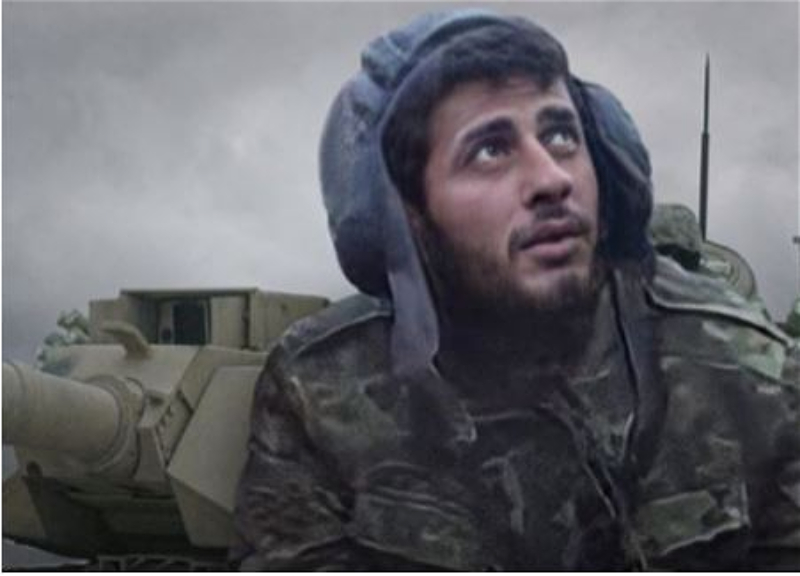
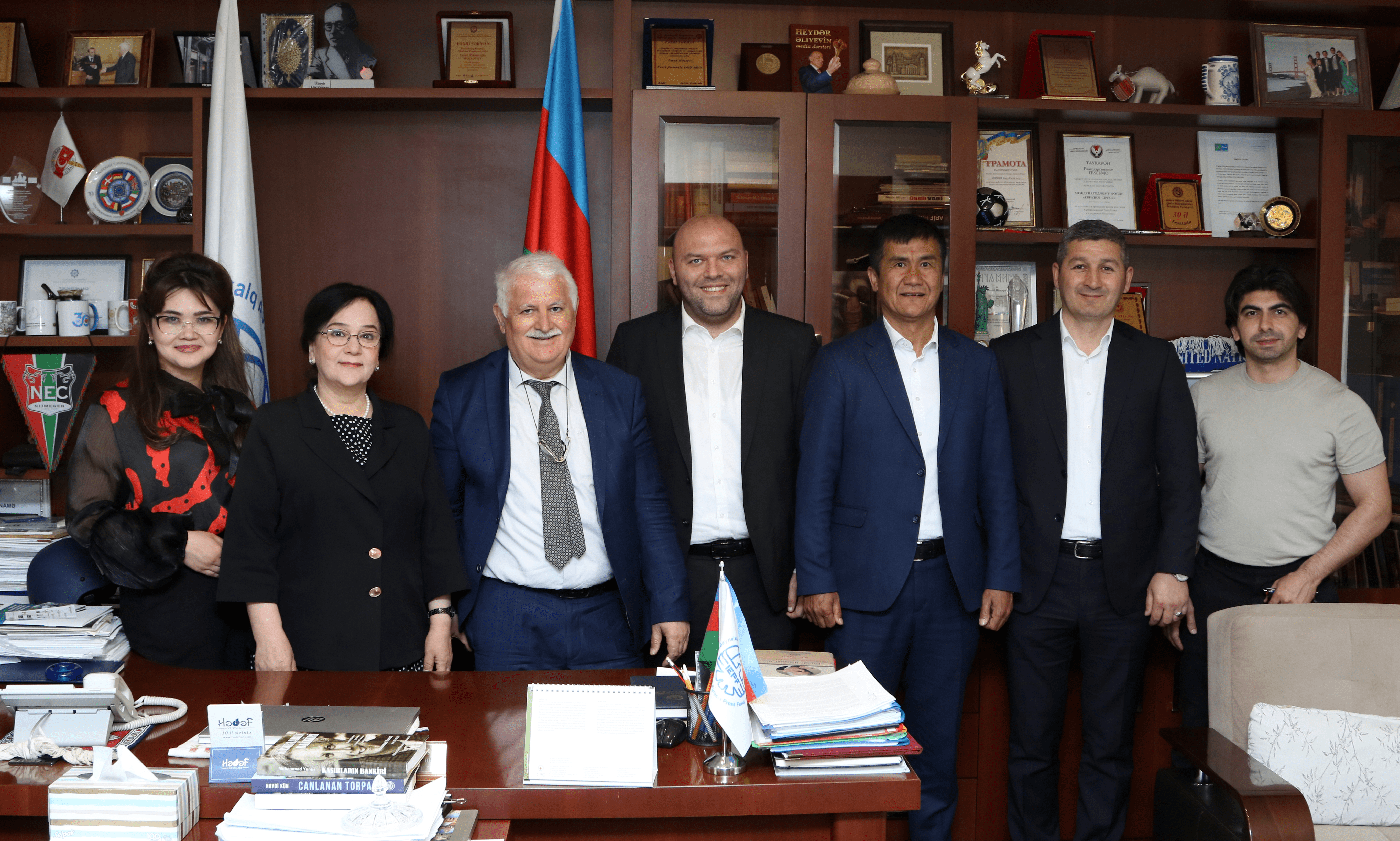
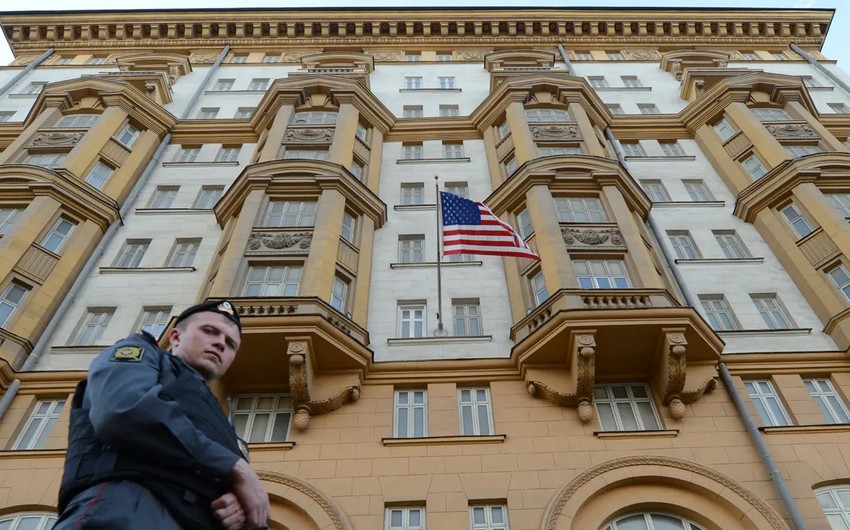
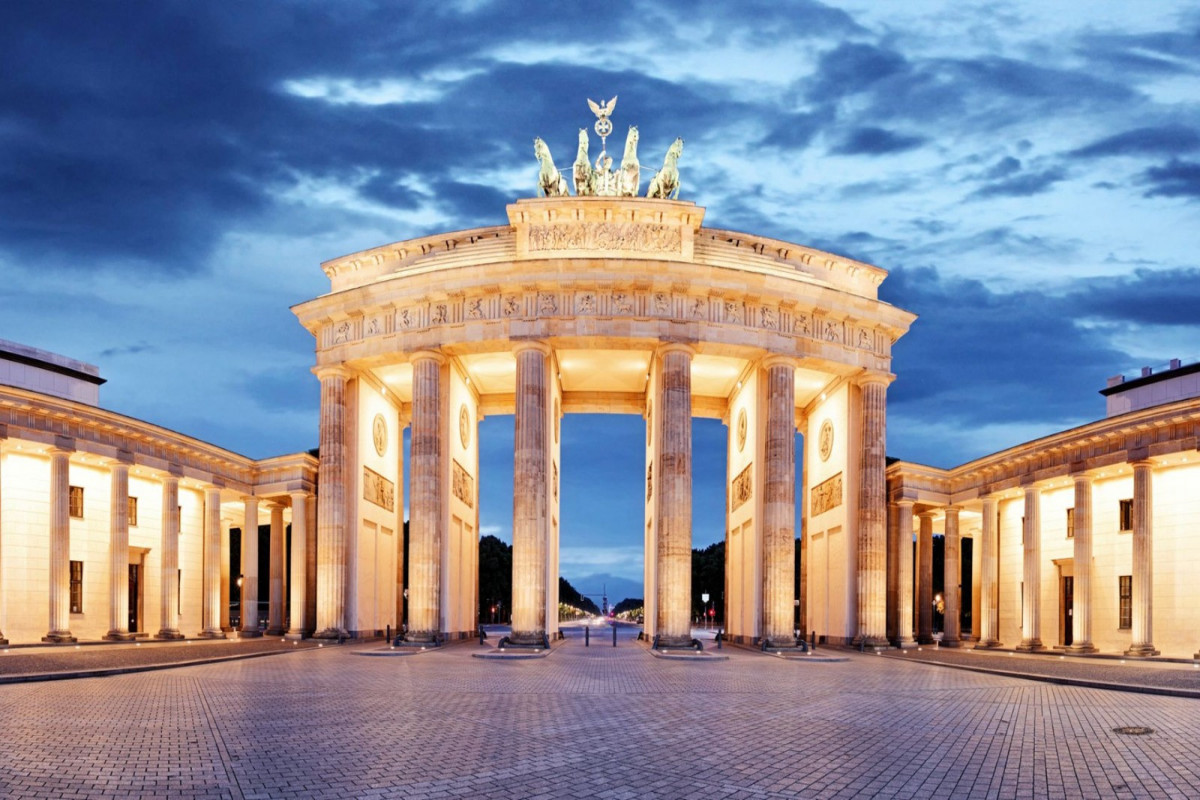
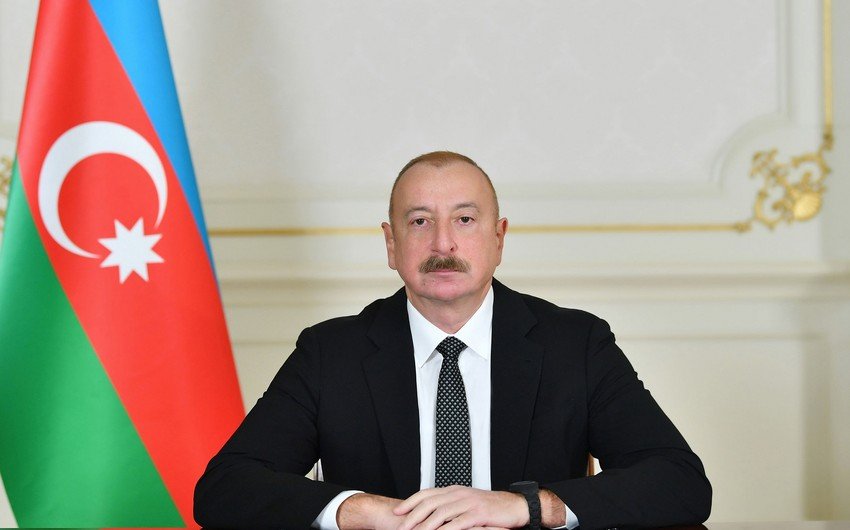
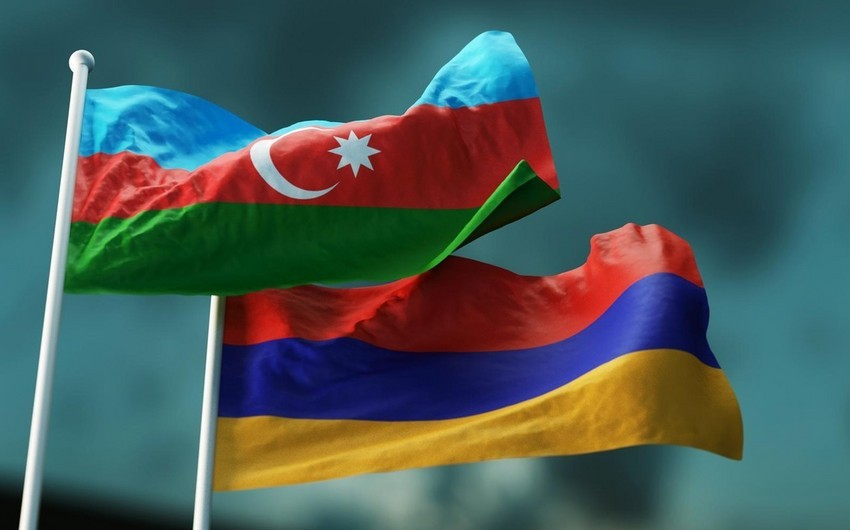
.jpg)
.jpeg)
